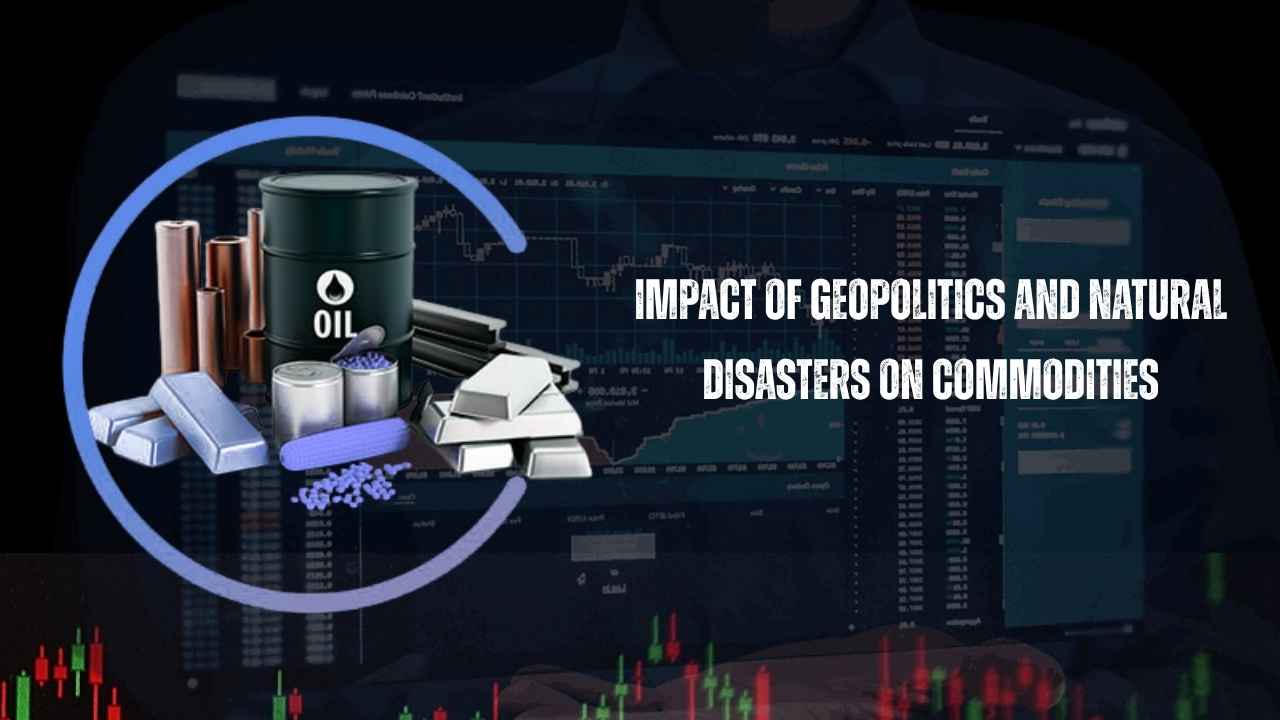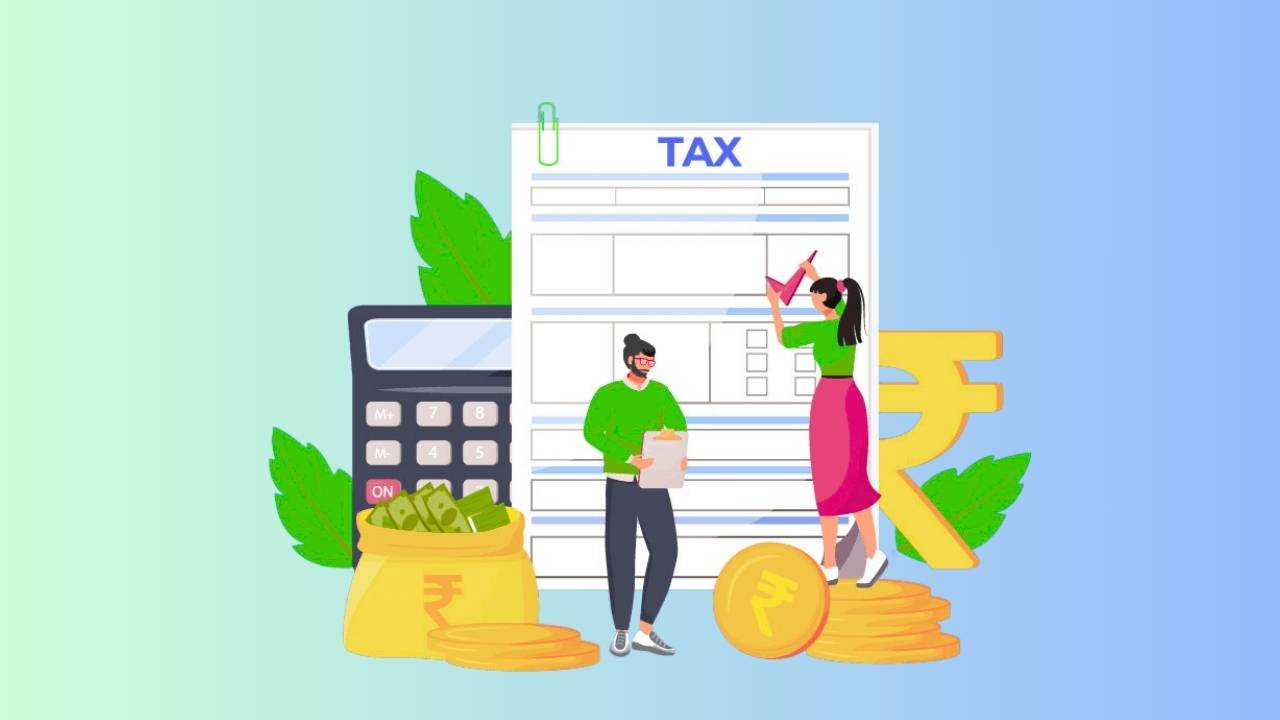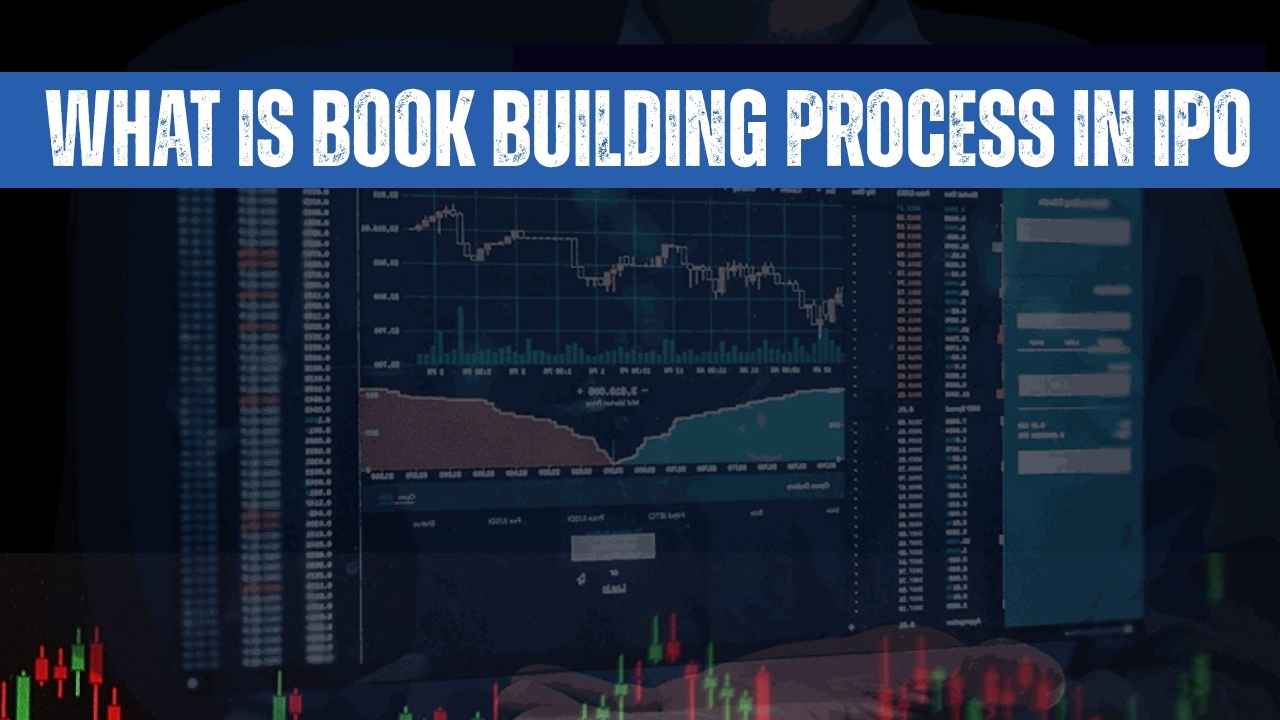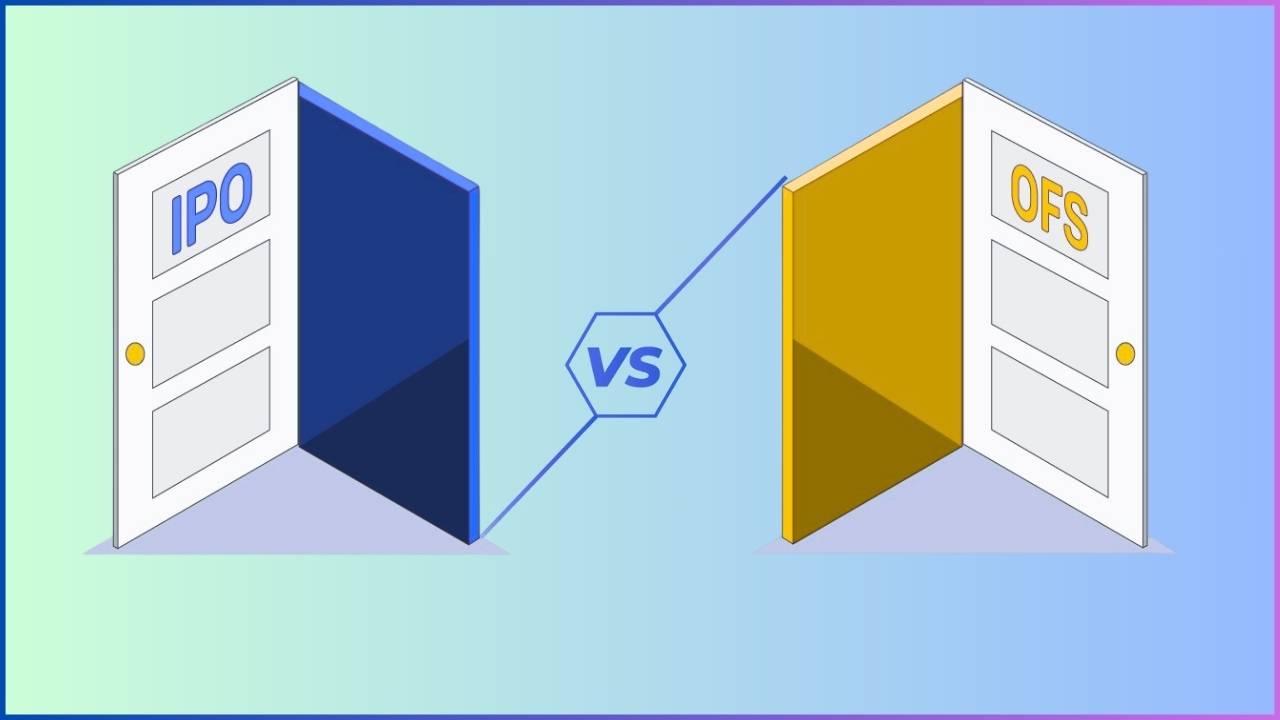In our current era of fast-paced globalisation and urbanisation, the world is more connected than ever. Although this has lots of advantages, it also implies that things happening far away have the potential to rapidly influence the price of day-to-day items, termed commodities. Political tensions, wars, trade bans, and natural disasters like droughts or hurricanes have the potential to trigger large swings in commodity prices. In this article, we’ll explore how geopolitics and natural disasters impact commodity markets, why prices rise or fall, and what traders and investors can do to protect themselves.
Geopolitical Factors Affecting Commodity Prices
1. War & Political Instability
When nations embroil themselves in warfare or political unrest, production and exchange can come to a standstill. Supply chains collapse, ports shut, and factories are forced to close. For instance, the Russia-Ukraine conflict in early 2022 interfered with the export of grain and energy. As ships were delayed and pipelines under threat, world prices for wheat, oil, and gas soared.
2. Sanctions & Trade Restrictions
Governments will sometimes sanction in an effort to put pressure on other countries. These regulations may prohibit or restrict exports of essential commodities. For example, U.S. sanctions on Iranian petroleum reduce Iran’s exports, constricting the world supply of petroleum and increasing prices’ volatility.
3. OPEC & Oil Production Decisions
The Organisation of Petroleum Exporting Countries (OPEC) and its partners (“OPEC+”) coordinate to establish oil production levels. When they decide to reduce production, oil is less abundant and prices usually increase. Adding more supply, on the other hand, can decrease prices.
4. Trade Wars & Tariffs
Tariffs make foreign goods more expensive. In the US–China trade war, each country put tariffs on products such as soybeans and metals. As tariffs rose, American farmers had fewer foreign buyers, and international soybean prices moved accordingly.
5. Export Bans & Domestic Policies
Governments occasionally prohibit exports to shield local consumers. Indonesia suspended palm oil exports in 2022 to maintain affordable local cooking-oil prices. This abrupt prohibition cut world supply and drove edible-oil prices higher until the prohibition was revoked.
Natural Disasters and Commodity Market Disruptions
1. Climate Change & Agricultural Commodities
Farmers require consistent weather. However, climate change is rendering seasons unreliable. In 2024, Brazilian coffee areas’ droughts cut into the Arabica bean crop. With fewer beans to grind and roast, coffee became more expensive than it had been in almost 50 years.
2. Hurricanes & Energy Infrastructure
Severe storms may compel oil refineries and pipelines to close down. Hurricane Katrina (2005) devastated the U.S. Gulf Coast, disrupting production and causing an immediate spike in crude-oil and natural-gas prices until they could be repaired.
3. Earthquakes & Mining Delays
An earthquake may destroy mines and rail tracks, suspending metal production. Following Chile’s 8.8‑magnitude earthquake in 2010, copper and other metal shipments slowed, pushing prices higher while firms rebuilt.
4. Wildfires & Lumber Supply
Forest and sawmill fires destroy products. In 2023, fierce Canadian wildfires compelled mills to close. With fewer planks and beams, the price of lumber rose as homebuilders experienced shortages.
5. Tsunamis & Shipping Routes
A tsunami—usually caused by an underwater earthquake—can paralyze ports. Japan’s 2011 tsunami inundated docks, stranded cargo ships, and interrupted the supply of raw materials and finished products worldwide.
Case Studies: Notable Events and Their Impacts
| Event | Commodity Affected | Market Impact |
|---|---|---|
| Russia‑Ukraine War (2022) | Wheat, Oil, Gas | Global wheat and fuel prices surged due to halted exports and pipeline threats. |
| U.S.–China Trade War (2018) | Soybeans, Metals | Tariffs reduced U.S. soybean exports and caused price swings in metals markets. |
| Hurricane Katrina (2005) | Crude Oil, Natural Gas | Gulf‑Coast refinery shutdowns led to sharp spikes in energy prices. |
| Brazil Drought (2024) | Coffee | Arabica-bean shortages drove coffee prices to a 50‑year high. |
| Indonesia Palm Oil Export Ban (2022) | Palm Oil, Edible Oils | Sudden supply cut caused global edible‑oil inflation until the ban was lifted. |
How Traders and Investors Can Mitigate Risks
- Diversify Across Commodities
Don’t put all your funds into one sector. Holding a mix—like gold (a “safe haven”) alongside energy or agricultural products—spreads risk across different markets. - Hedge with Futures and Options
Use standardized contracts to lock in prices today for delivery later. Gains from a hedge can offset losses if market prices move against you. - Track Global Trends
Stay informed about political developments, central‑bank decisions, OPEC meetings, and climate reports. A sudden policy change or a storm warning can be your cue to adjust positions. - Invest in Safe‑Haven Assets
When uncertainty spikes, investors often flock to gold and silver. These precious metals tend to hold value when other markets falter. - Use Technical & Fundamental Analysis
- Fundamental analysis examines weather forecasts, crop prospects, and supply–demand data.
- Technical analysis looks at price charts and indicators to spot trends or reversal points.
Conclusion
Commodities are the bricks of our economy—from the coffee we sip to the oil that powers our vehicles. These markets, however, are susceptible to forces beyond their control: wars, trade sanctions, storms, and droughts. By knowing how geopolitics and natural catastrophes send prices on a wild ride, traders and investors can do better preparation, diversification, and hedging to survive the next major disruption.
Disclaimer:
The information presented in this article is for general informational purposes only. It does not constitute financial, investment, or professional advice. Commodity prices and market conditions can change rapidly; before making any investment or trading decisions, you should conduct your own due diligence and consult with a qualified financial advisor or other professional. The author and publisher assume no responsibility for losses or damages resulting from any actions taken based on the content of this post.












Jjkjk